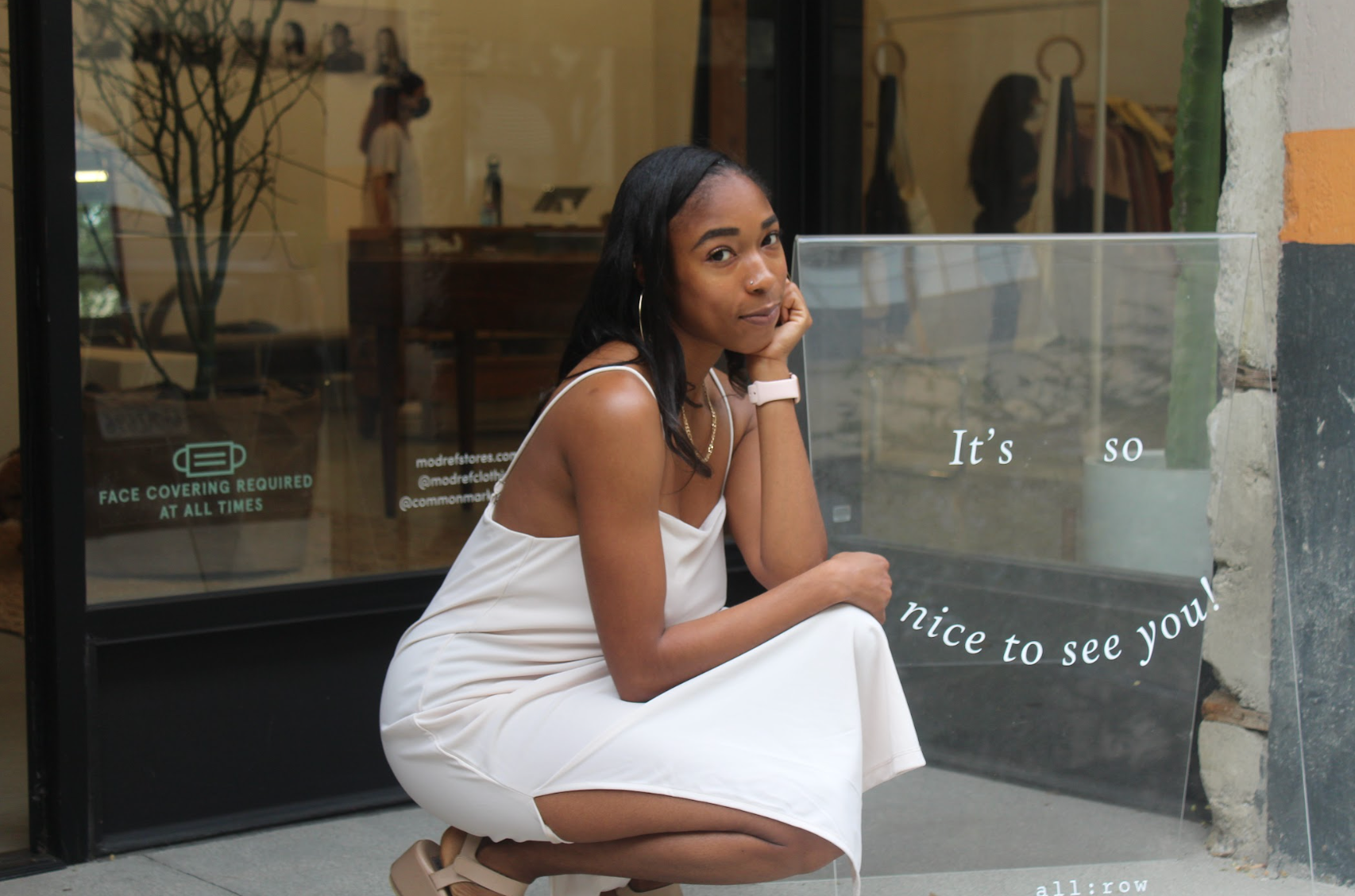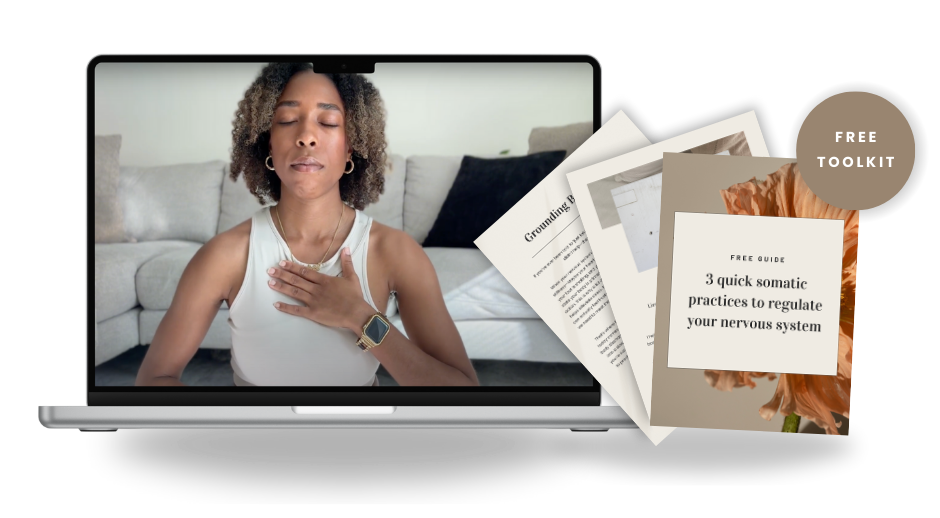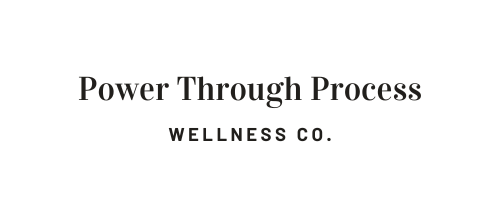When Boundaries Feel Like a Threat: Understanding Power & Control in Relationships
Recognize red flags, restore safety, and communicate your needs with clarity and care

In relationships, disagreements are inevitable. Its not about avoiding disagreements all together, but instead focusing on how we navigate them. Sometimes, what seems like a difference of opinion can actually be a red flag... especially when it involves power, control, or the disregard of personal boundaries.
What is controlling behavior?
As described in an article on PsychCentral, controlling behavior can look a lot of different ways, ranging from subtle signs of coercion and influence, to more direct and threatening attempts to exert power over someone else.
Let's take a situation, for example, where one partner decides who the other can or cannot follow on social media. At face value, this might seem like a simple request or even a display of how much they care. But when we look deeper, it can signal something more troubling... an imbalance of power or a need to control the other person’s connections, choices, and autonomy.
If you’ve ever found yourself feeling like you're “walking on eggshells,” having to get permission for your friendships, or being made to feel guilty for asserting your needs, it may be time to reflect on the power dynamics in your relation.
Common Power & Control Red Flags
While setting boundaries is healthy, controlling behavior disguised as “just asking” can be a form of emotional manipulation. This often shows up subtly, such as:
- Demanding access to your phone or accounts
- Telling you who you can or can’t talk to
- Guilt-tripping you when you express needs or emotions
- Threatening to withdraw love, attention, or the relationship if you don’t comply
- Claiming that their controlling behavior is how they show they care
These patterns erode trust and autonomy, and over time, can signal a toxic or emotionally unsafe dynamic.
When “Care” Becomes Control
One of the most subtle and confusing ways power and control show up in relationships is when someone claims that their controlling behavior is a sign of how much they care. You might hear things like:
- “I just worry about you — that’s why I need to know where you are all the time.”
- “I’m only asking you to cut off that friendship because I love you.”
- “If I didn’t care, I wouldn’t be this upset.”
These statements may sound loving on the surface, but true care honors your autonomy. It doesn’t cross your boundaries, isolate you from others, or make you feel small.
🚩 Care that violates your boundaries is not care. It’s control.
If someone consistently uses their love as a reason to limit your freedom, that’s a red flag worth paying attention to. Healthy relationships are built on trust, mutual respect, and the ability to navigate discomfort without resorting to coercion.
How to Communicate your Boundaries Assertively
In contrast, assertive and compassionate communication invites mutual respect and understanding... even when there’s tension. Here are a few steps you can practice to help shift the dynamic:
Name the behavior, not the person.
☞ “I felt really uncomfortable when went through my phone.”
Express your feelings and needs clearly.
☞ “Trust is really important to me, and I want to be in a relationship where we can respect each others privacy.”
Set a boundary and name the outcome.
☞ “If that trust isn’t there, I’m not sure this relationship can work.”
Hold space for nuance.
☞ “I understand this may feel hard for you, and I still need to be with someone who respects my autonomy. Is this something you can accept?”
You Deserve Safe, Respectful Love
Power struggles often show up when one person feels threatened by the other’s independence. But healthy love doesn’t require control... it invites choice, trust, and accountability. You can be understanding and assertive. Compassionate and have boundaries.
If someone consistently reacts to your boundaries with defensiveness, manipulation, or control? That’s not just a “communication issue.” It may be a sign of something deeper that needs to be addressed.
RELATIONAL AND SOMATIC THERAPIST IN LA
Ready to build healthier relationships with yourself and others?
If you’re noticing any of these patterns in your relationship, you’re not alone, and you don’t have to navigate it alone. Therapy can help you reconnect with your values, rebuild your boundaries, and find clarity about your relational needs. If you're ready to take the next steps, let's explore working together during a free connection call.

Hello, I’m Chelsey Reese
Licensed Clinical Social Worker, Relational and Somatic Therapist, Certified Sound Healer, and 200HR Registered Yoga Teacher. .
I help people cultivate self-awareness by reconnecting with their bodies, releasing trauma and stress, and fostering deeper connections. I believe true healing comes from processing lived experiences and letting go of what no longer serves us.
Passionate about community and wellness, I create spaces for growth and restoration. When I’m not working with clients, you’ll find me tending to my plants, lost in a book, or hiking in nature.







